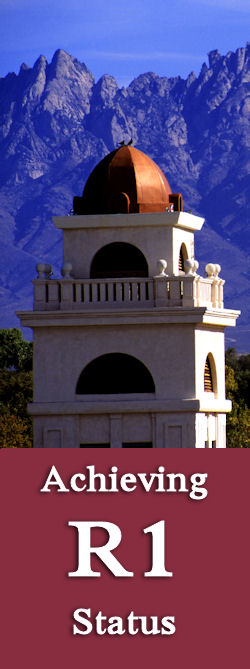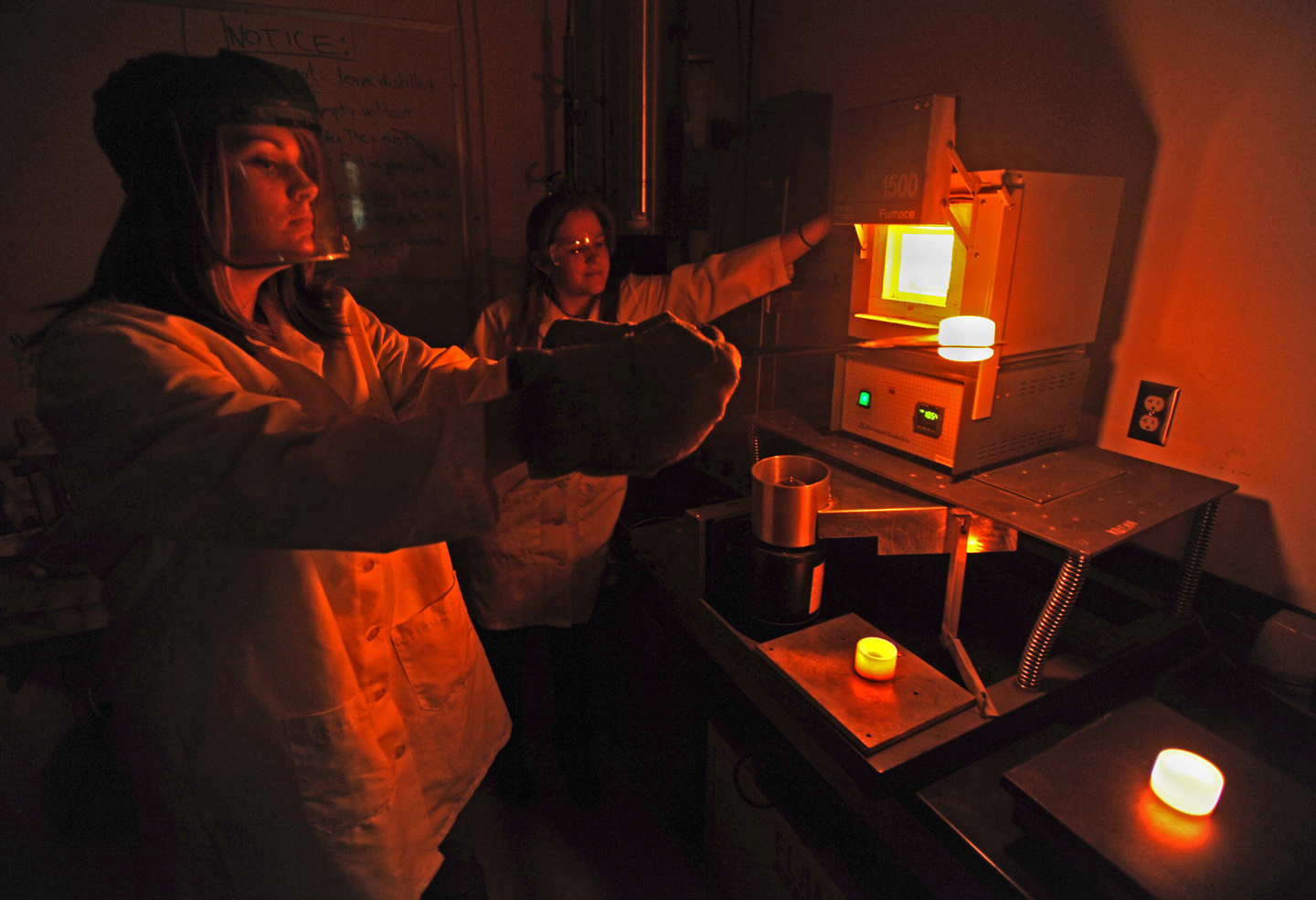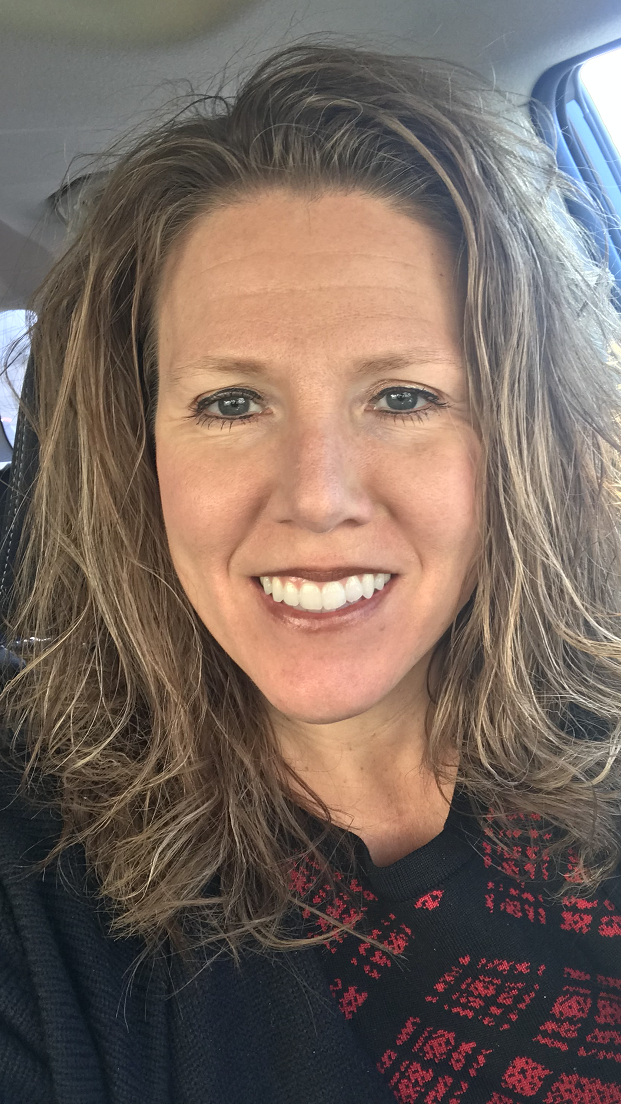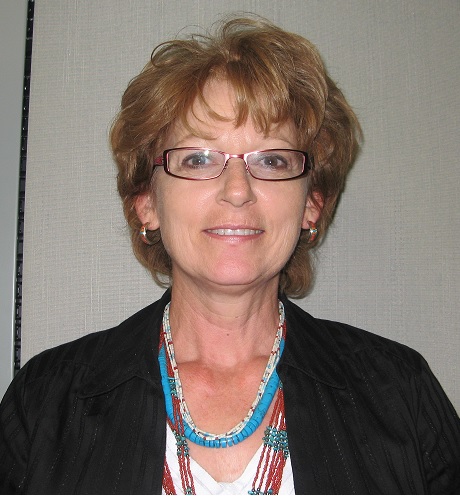 |
|
External Funding and Achieving R1 StatusBy Luis Cifuentes, Vice President for Research and Dean of Graduate School
This month I spoke with an assistant professor in a discipline with potential for external funding. The person had recently received a third-year review recommending ceasing grant applications and, instead, focusing on submitting more journal manuscripts so publication rate per year increased in time for tenure and promotion review. It was unfortunate that the faculty member had to hear from a senior faculty member who made note of the number of non-funded proposals and referred to them as “swings and misses.” The vision of New Mexico State University (NMSU) as written in LEADS 2025 is that: By 2025, the NMSU system will excel in student success and social mobility for our diverse student populations, achieve the highest Carnegie research status (R1), and maintain our Carnegie Community Engagement classification. Externally funded research and scholarship, and the corresponding support of and completion by doctoral students, is fundamental to achieving R1 status. The majority of disciplines and graduate programs at NMSU require external funding to achieve success commensurate with R1 recognition. Furthermore, external funding enables research, scholarship and graduate student work that leads to journal publications. With the exception of disciplines and programs that have next to no access to external funding, tenure and promotion guidelines at NMSU must include the expectation that faculty seek and successfully procure external funding at rates commensurate with peer R1 institutions. A key function in academic governance is the hiring and recommending tenure and promotion of faculty in the department. A key challenge in academic leadership is aligning hires and tenure and promotion with the mission and vision of the University. It is, beginning with the vice president for research, all of our responsibility to create and sustain a culture of excellence in research, scholarship and creative activity. Categorically, such a culture must encourage, facilitate, and reward those who seek external funding. Thinking back to my conversation with the assistant professor, I was reminded of the Judgment of Solomon. Recall that King Solomon of Israel was asked to rule between two women both claiming to be the mother of a child. He suggested cutting the baby in two, each woman receiving half. According to lore, the true mother revealed herself by insisting the other woman be given the child. In the case of the assistant professor, the P&T committee, perhaps not exercising the wisdom of King Solomon, ruled that the faculty member choose publishing over grant writing. When I asked, “what do you want to do,” the faculty member said “continue writing grants and work harder on my publications,” revealing this faculty member as truly worthy of consideration for tenure in a discipline reliant on external funding at an aspiring R1 university. Faculty have to be part of a culture change that leads to proper recognition of and reward for contributions to teaching and learning, research, scholarship and creative activity, and extension and outreach. This culture must harmonize with the mission and vision of NMSU. Department heads, deans, faculty senate, and the VPR and Provost must work tirelessly to ensure we are all on the same page when it comes to requirements for promotion and tenure. This will surely take time. Success will be realized when faculty rarely mistrust recommendations in their third-year reviews. |
|
Return to Research and CreativityBy JoAnne Dupre, Biosafety and Export Control Manager
In May, the office of the VPR began a process to coordinate plans for faculty researchers to resume an on-campus/on-site presence with graduate students, summer students and personnel. The informational website at https://research.nmsu.edu/ReturntoResearch.html was developed based on messages from Governor Lujan Grisham and the NM Department of Health, and with input from College and Extension representatives, Aggie Health and Wellness, EHS&RM, General Counsel and more. The response from faculty and researchers to the Return to Research and Creativity process has been inspiring. In the last two weeks, 352 plans were submitted by faculty detailing the steps they will take to ensure a controlled approach to allow people to access buildings and research locations. As of today, June 5, more than 1020 people have completed the supplemental safety training and affirmed their commitment to safeguarding themselves and others by following best practices recommended by the Centers for Disease Control and the NM Department of Health. The process shows what a vibrant community of caring individuals are involved in NMSU Research and Creative Activities. We want to thank everyone for their communications and patience while we are evaluating these plans. For questions or comments, please contact by email to vpr@nmsu.edu, call JoAnne Dupre at 646-4463, or Dave Schoep at 646-1023. |
|
Meet Dr. Leslie Edgar, the New Associate Dean for Research at College of ACESBy Hamid M. Rad, Sr. Proposal Development Specialist, RAS
The NMSU research community is pleased to welcome Dr. Leslie D. Edgar, College of Agricultural, Consumer and Environmental Science (ACES)’s new Associate Dean for Research. Dr. Edgar joined NMSU in May from the University of Georgia (UG), where she was a Professor and the Head of the Department of Agricultural Leadership, Education and Communication, managing a $2.4 million budget and 15 faculty at UG’s College of Agricultural and Environmental Sciences. Dr. Edgar has led numerous externally funded research projects and authored more than 70 articles in refereed journals. She joins us at an exciting time when NMSU is determined to become an R1 university in the near future. "Dr. Edgar brings the knowledge base, culture and energy of a land-grant, R1 institution to New Mexico State University," states Dr. Luis Cifuentes, Vice President for Research and Dean of Graduate School. "My office will work with Dr. Edgar and the College of ACES and build on its historic legacy of agricultural research."
I am committed to extending LEADS 2025 and supporting our researchers as we expand and enhance our transdisciplinary teams. We will leverage resources, opportunities, and people across the state, nation, and globe. We will continue to develop new forms of collaboration and partnership that will enhance our unique opportunities and areas for growth. We will engage in increased promotional strategies to tell our story and further highlight our unique resources and engagement in expanding and enhancing economic and community development across New Mexico. I am committed to communicating continuously, and our goal to do business differently as we to deliver our mission.
I feel both honored and blessed to have joined the largest land holding Land-grant University in the nation. We have tremendous opportunity in New Mexico, and food and agriculture is critical to our future and the success of our nation and the world. When I accepted this position, I did not know that I would join NMSU in a crisis, but I know that as we work together, we will be a stronger, more resilient university. I am thrilled to be assisting our outstanding faculty, staff, and students extend our research breadth and depth through our agricultural experiment station. Dr. Edgar can be reached at ledgar@nmsu.edu. |
Leslie Edgar, College of ACES Associate Dean for Research |
Research Administration Spotlight: Michelle “Mickey” Duttle, B.A.By Hamid M. Rad, Sr. Proposal Development Specialist, RAS
NMSU researchers submit hundreds of proposals to federal agencies every year. Each of these proposals is closely examined by Grants and Contracts Administrators (GCA) in Research Administration Services (RAS) for compliance and accuracy of budget before they are submitted. |
Mickey Duttle, Grants and Contracts Administrator, Research Administration Services |
Webinar on Social Sciences, Humanities, and the Arts Federal Funding Opportunities
Lewis-Burke Associates LLC will host a webinar on June 17, from 12:00 noon to 1:00pm (MDT), discussing federal funding opportunities to support in social sciences, humanities, and the arts. The presentation will include an overview of federal funding trends and priorities, as well as best practices for engaging with program managers. Time for questions and discussion will follow the presentation. To register for this webinar send email to hamid@nmsu.edu. |
|
Webinar on How to Do Business with AFRL
The Air Force Research Laboratory (AFRL) will hold a webinar on June 19, 2020 from 8:45 am to 12:00 noon (EDT) on how to do business with AFRL for basic and applied research. The webinar provides an opportunity for university researchers and administrators to learn how to navigate AFRL’s research ecosystem, apply for funding opportunities, and build relationships with the Air Force Office of Scientific Research (AFOSR). The webinar will include speakers from both public and private sector organizations, including representatives from BRICC, AFOSR, Basic Research Office at OSD, APEX, Doolittle Institute, and Adranos, Inc. Please visit the following link for more information https://content.govdelivery.com/accounts/USAFOSR/bulletins/28c6c0a |
|
Keck Foundation Research Funding AvailableBy Hamid M. Rad, Sr. Proposal Development Specialist, RAS
Keck Foundation’s Research Program accepts concept papers in high-risk/high-impact areas of research that
Available funding per project ranges from $250,000 to $1 million. Those interested should contact Dr. Allison Layfield, NMSU Corporate and Foundation Relations Development Officer at layfield@nmsu.edu. |
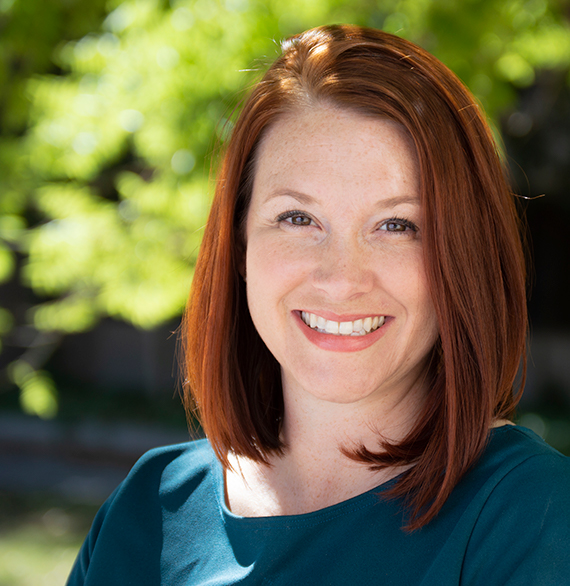 Allison Layfield, NMSU Corporate and Foundation Relations Development Officer and Keck Foundation Liaison. |
New Mexico Space Grant Consortium Announces NMSU Scholars and FellowsBy Cristina Esquivel, Program Specialist, New Mexico Space Grant Consortium
New Mexico Space Grant Consortium (NMSGC) awarded 25 Space Grant Scholarships and Fellowships to students across higher education institutions in New Mexico for the Fall 2020 and Spring 2021 semesters. Among the scholars are 13 NMSU graduate and undergraduate students. The Space Grant (SG) scholarships and fellowships are highly competitive and based on proposed research projects, their alignment to NASA, faculty letter of recommendation, and GPA. Space Grant Scholars must report their academic activity, publications and conferences attended. They are also required to present their research findings at the annual SG student colloquium and to complete community service such as mentoring peers, volunteering at STEM events, participating in K-12 opportunities to share their knowledge. Congratulations go out to the following Aggies:
For more information contact Dr. Paulo Oemig, Director, NMSGC at poemig@ad.nmsu.edu or NMSGC Program Specialist, Cristina Esquivel at cmesquiv@ad.nmsu.edu. |
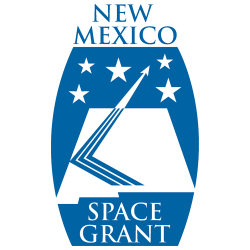 |
Pivot Funding Opportunity DatabaseBy Hamid M. Rad, Sr. Proposal Development Specialist, RAS
This is a reminder that in order to assist NMSU faculty and staff in locating external funding opportunities, the Office of the Vice President for Research and Dean of Graduate School has purchased a subscription to ProQuest’s Pivot software.
|
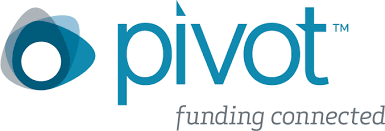 |
Limited Submission Funding Opportunities
The Office of Research Administration Services lists limited submission funding opportunities at https://limitedsubmission.nmsu.edu. We encourage NMSU faculty and staff to periodically visit the site and if they are interested in any of the opportunities to please inform us by sending email to ls-ras@nmsu.edu. As a reminder, the site is only accessible on campus. Accessing the site using off-campus computers require first downloading and logging in through NMSU's VPN at https://vpn.nmsu.edu.
|
|
Graduate School |
|
Answers to Commonly Asked QuestionsBy Luis A. Vazquez, Regents Professor and Associate Vice President for Research and Graduate Studies, and Denise Esquibel, Associate Dean of the Graduate School
We at the Graduate School hope that all of you are safe and taking care of yourselves and those around you. Each week the Graduate Staff and Administration review which areas or questions that are most often asked through our phone calls, emails and video chats. The following 4 questions where the most often asked over the last 2 weeks. We wanted to share where to get the answers to your questions at your figure tips. Question: Where do I find exam forms? Answer: https://gradschool.nmsu.edu/graduate-forms/ Question: Where do I find due dates/deadline? Answer: https://gradschool.nmsu.edu/graduate_calendar/ Question: Does the Graduate School accept digitally completed forms? Answer: Graduate School will be accepting digitally completed forms from official NMSU email addresses. The forms need to be signed off on and complete, but the signatures can be digital. They also can be scanned and emailed, if signed in paper format. Please route the exam forms (scheduling exams to take place) to grad-degrees@nmsu.edu. Please route Exam Results, Programs of Study, Transfer Credit Request forms, Master’s Accelerated Forms, Degree Audit Exception forms, and Change of Admission Semester Forms to graddocs@nmsu.edu Question: Is NMSU providing direction to relief package resources for people affected financially by COVID? Answer: Yes, the CARES Act provides aid to Title IV qualifying students who experienced unexpected costs resulting from on-campus disruption caused by COVID-19. Due to limited funding, the application can be found and submitted for process here: https://fa.nmsu.edu/cares-emergency-request/ The Graduate School also would like to thank the many faculty, staff and students that have worked patiently with us, while working together to serve many of our students’ needs at NMSU. These are truly times to reflect on many things that are impacting all of us, especially our students in academia and what’s happening around the country. How we work together to resolve these issues and support each other will shape our narrative for the future. Summer sessions have begun and we continue preparing for the academic year. The Graduate School looks forward to working with all of you. |
|
|
Questions and comments regarding NMSU’s Research and Graduate School Digest should be directed to Hamid M. Rad at hamid@nmsu.edu, (575) 646-6429. |
|
